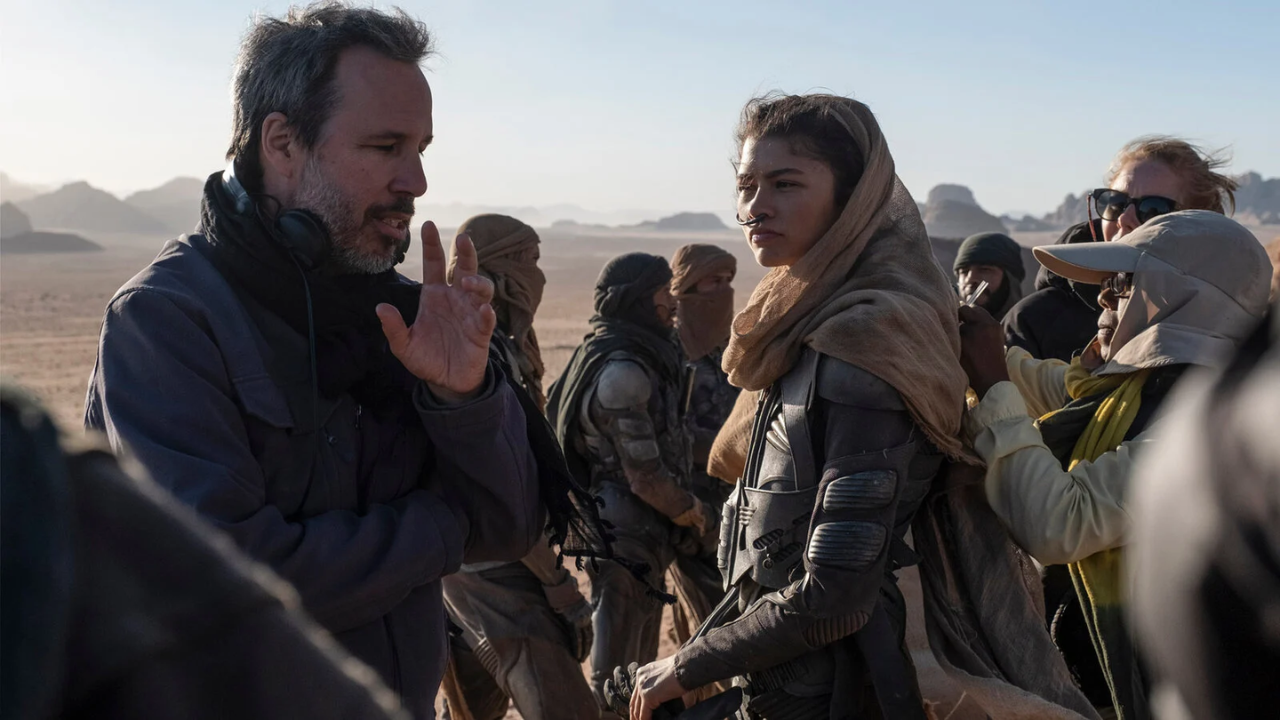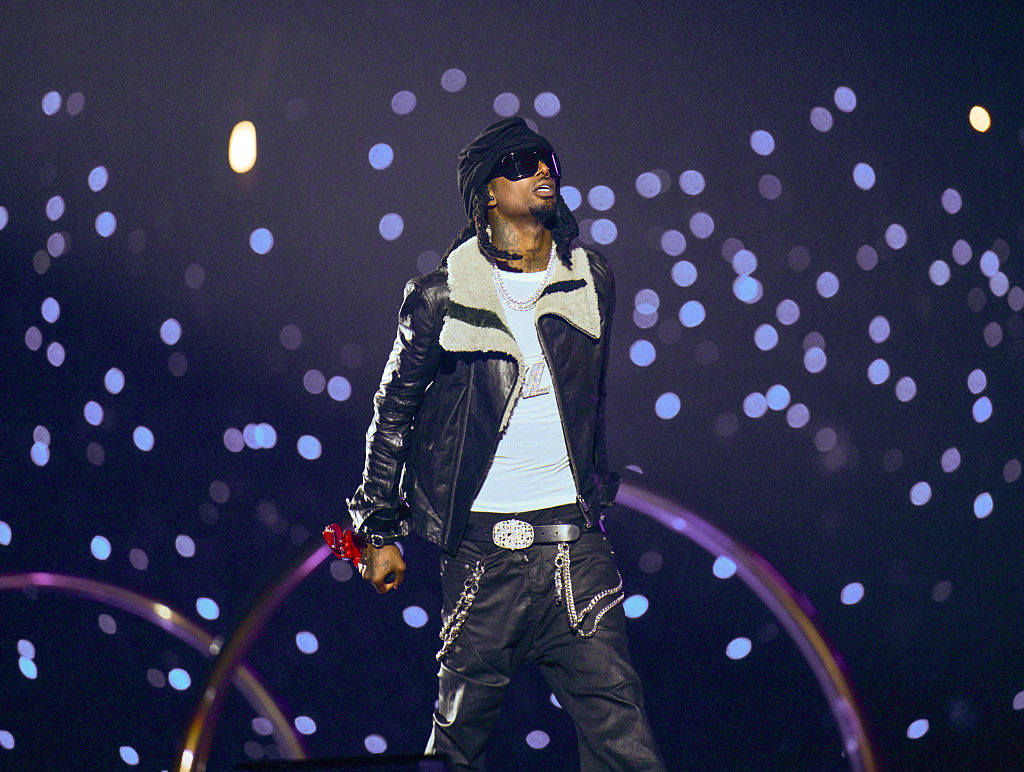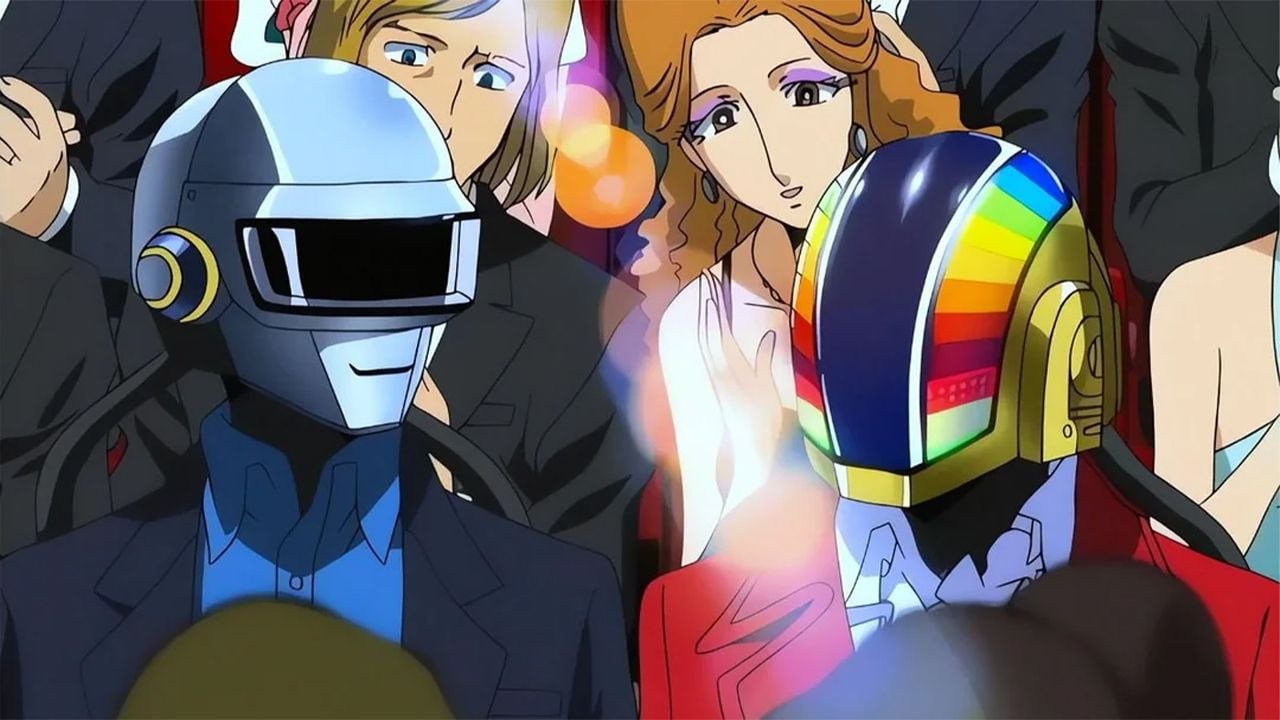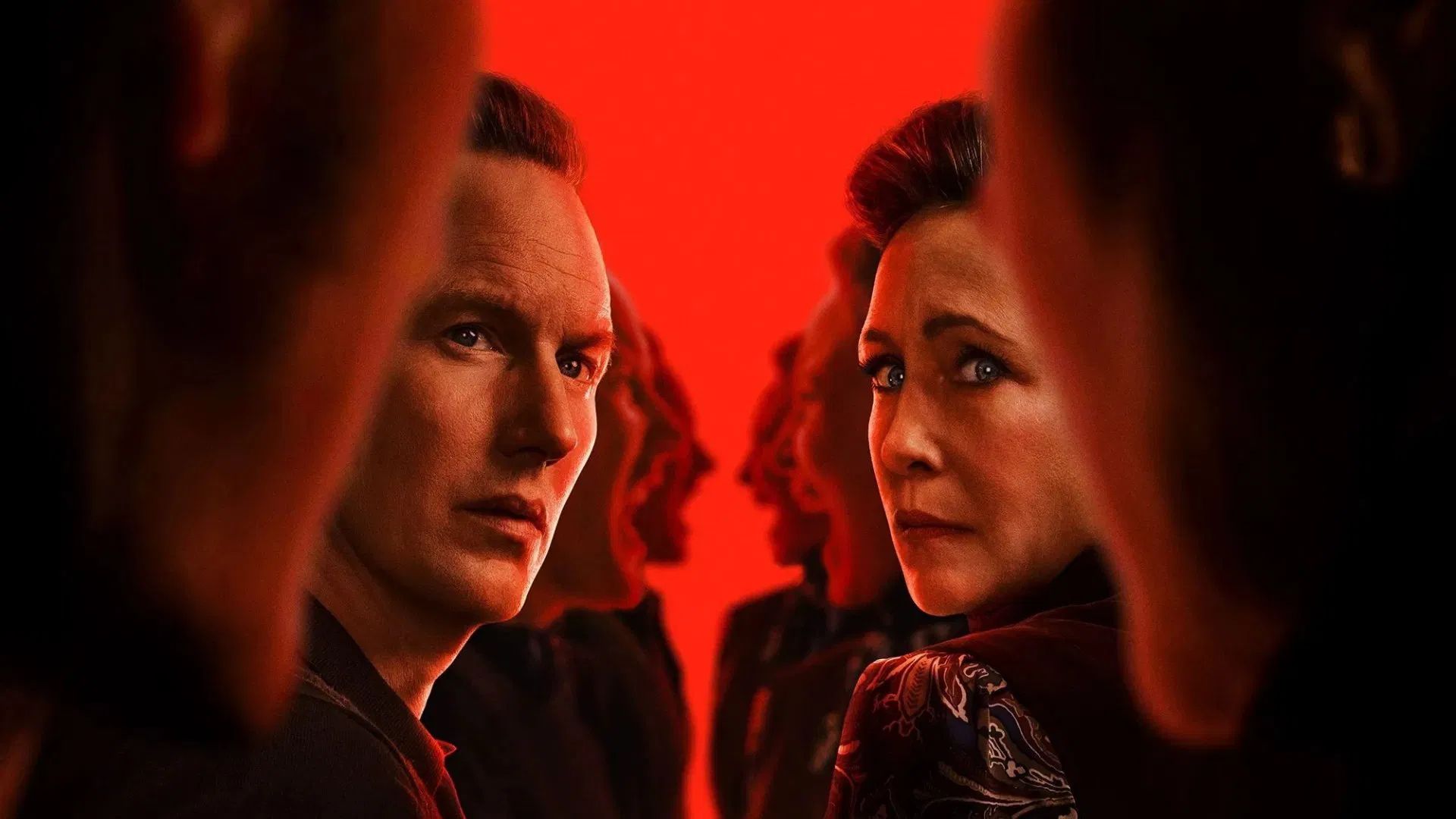The director of Dune 2 be dissolved
While the long-awaited Dune 2 arrives in French cinemas on February 28th (our review here) and on March 1st in the United States, Denis Villeneuve chose to stand out in the columns of the Times taking a firm position on an element of cinema: dialogues in films. A director celebrated for his visual expertise, Denis Villeneuve proves it once again Dune 2and it is perhaps to highlight his particularly careful images that he they downplayed the importance of dialogue At Cinema. In reality, “minimize” is not the correct term, given that the director had very harsh words.
Honestly, I hate dialogue. The dialogues are for theater and television. I don’t remember films because there is good dialogue, but because there is a powerful image. I don’t care about dialogue at all. Just image and sound, this is the strength of cinema, but it is something that is less and less evident when watching films today.

A shout on the networks
We imagine that film and television playwrights, playwrights and dialogue writers only moderately appreciate the words of the director of Prisoners AND Blade Runner 2049. Denis Villeneuve didn’t stop there and hit the nail on the head: “Movies have been corrupted by television. In a perfect world, I would make a compelling film that wasn’t an experimental film but had no lines of dialogue. The audience would walk out of the room and say, “Wait, there wasn’t any dialogue?”, but they didn’t miss it..”
Obviously this statement did not fail to cause a reaction on social networks, with most of the comments contradicting Denis Villeneuve, supporter of Quentin Tarantino’s cinema.
The opening scene of “Inglourious Basterds” with Hans Landa is more memorable to me than anything I saw in “Dune” or the sequel to “Blade Runner.” For me, a great movie with a great script beats a bad movie with great visuals.
All respect goes to Denis Villeneuve, one of the most contemporary directors. But dialogue is important for great cinema and great stories. Images alone cannot support a film. Quentin Tarantino’s films, for example, would be nothing special without their dialogue.
An unhappy expression?
Denis Villeneuve’s statement is part of a debate almost as old as cinema itself. In fact, already during the transition from silent cinema to talking cinema, the question of knowledge arose how cinema was a visual art, what if it wasn’t “just” that. Therefore, since cinema, unlike theatre, is a production of moving images, we can legitimately consider in a hierarchy of the tools necessary for this production that the voices and dialogues of the characters can be secondary.

Denis Villeneuve’s words, therefore, probably went beyond his thoughts, thus seeming to disqualify the very concept of dialogue in cinema. Although in his films, for most of which he is co-writer, the dialogues are very important. So perhaps it’s not so much the dialogue itself that the director would be aiming for, but rather their excessive use in television programs.
However, one could still object that television is not the same medium as cinema, and that failing to produce the images in IMAX format so loved by Denis Villeneuve is the responsibility of the screenwriters and dialogue writers. to tell stories…
Source: Cine Serie
Ray Ortiz is a journalist at Gossipify, known for his coverage of trending news and current events. He is committed to providing readers with accurate and unbiased reporting, and is respected for his ability to keep readers informed on the latest news and issues.








